The 'one China' policy of Southeast Asian countries
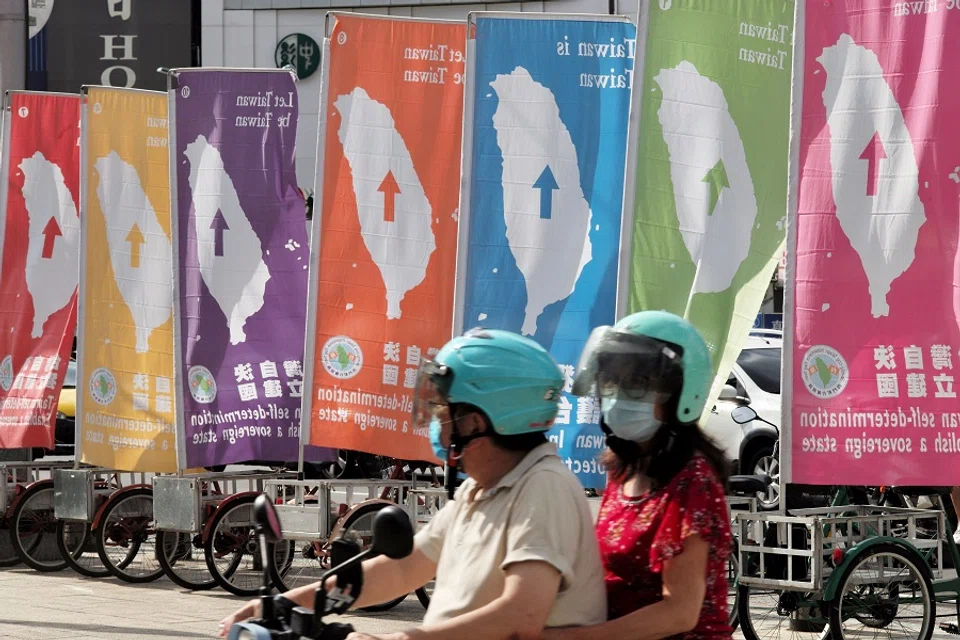
In the wake of US House Speaker Nancy Pelosi's visit to Taiwan and China's furious and drastic reactions, ASEAN foreign ministers issued a statement warning of "miscalculation, serious confrontation, open conflicts and unpredictable consequences among major powers". The statement also reiterates "ASEAN Member States' support for their respective One-China Policy".
In addition, some ASEAN member states have issued their respective statements and positions regarding the tensions in the Taiwan Strait, whereby they urged restraint and reiterated their respective "one China" policies. For example, Indonesia called on all parties to "refrain from provocative actions that may worsen the situation", while insisting that it "continues to respect the One China Policy".
Different interpretations of 'one China' policy
What exactly, then, are the respective "one China" policies of Southeast Asian countries, which are notoriously open to different interpretations?
Put together, the US government is ambiguous about its position regarding China's sovereignty over Taiwan.
China frames it as a "principle" more than a "policy", and insists that there is only one China, that Taiwan is part of China, and that the People's Republic of China (PRC) is the sole legal government representing China.
On the other hand, according to the US State Department, the US's version of the "one China" policy is guided by the Taiwan Relations Act, the three Sino-US Joint Communiques, and the Six Assurances to Taiwan. Put together, the US government is ambiguous about its position regarding China's sovereignty over Taiwan. It recognises the PRC as the sole legal government of China but only acknowledges the Chinese position that Taiwan is part of China.
But the US's version of the "one China" policy is not universally shared among other governments. It is henceforth necessary, and indeed imperative, to find out what are the respective "one China' policies of the Southeast Asian governments.
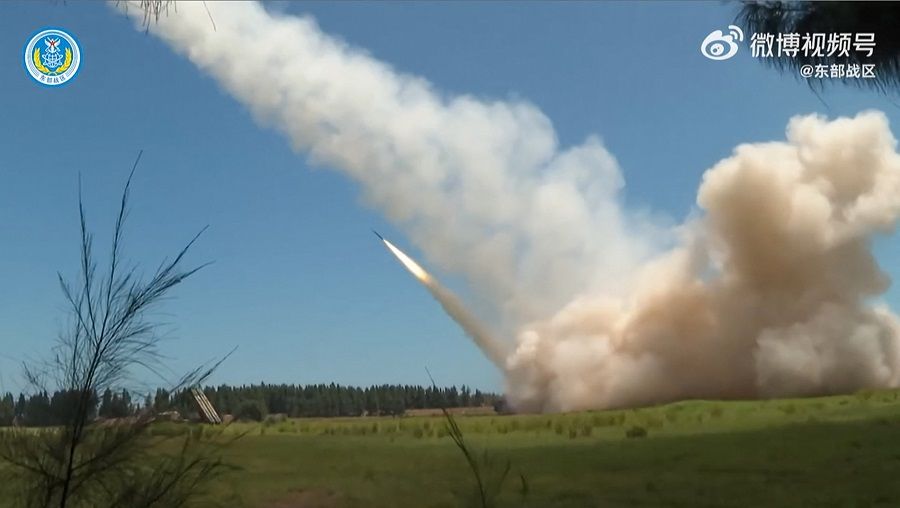
All Southeast Asian governments (the ten ASEAN member states and Timor-Leste) have diplomatic ties with China and each has issued joint communiques and statements with China over the decades. The basic textual renditions of their respective official "one China" policies can be found in the corpus of these joint communiques and statements.
Brunei Darussalam
Brunei's 1991 Joint Communique with China on the Establishment of Diplomatic Ties was silent on the Taiwan issue. However, the 2002 Brunei-China Joint Communique stated that the "Brunei side, in line with its 'one China policy', reaffirmed that it recognized the Government of the People's Republic of China as the sole legal government of China and that Taiwan is an inalienable part of the territory of the People's Republic of China".
In the 2004 Joint Communique, Brunei reiterated that it will "continue to firmly uphold the one-China policy and consider Taiwan an inseparable part of the People's Republic of China". In the 2013 Joint Statement, Brunei reiterated that it will "continue to adhere to the one China policy, and support the peaceful development of cross-Straits relations and the peaceful reunification of China". The same but simpler wording can be observed in the 2018 Joint Statement.
Cambodia
In the Cambodia-China 2000 Joint Statement, Cambodia reaffirmed that "it will continue to adhere to the One-China policy and recognizes the Government of the People's Republic of China as the sole legal government of China and Taiwan an inalienable part of Chinese territory. And it will continue to support China's cause of peaceful reunification."
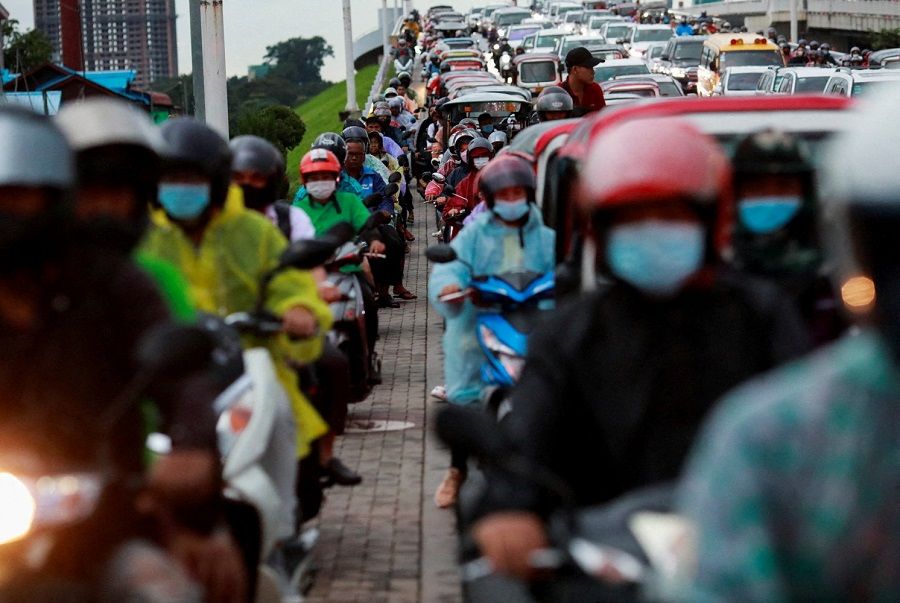
In the 2006 Joint Communique, Cambodia reiterated that "there is but one China in the world, that the Government of the People's Republic of China is the sole legal government representing China and that Taiwan is an inalienable part of Chinese territory". Cambodia also reaffirmed "its commitment to the one China policy, opposition to 'Taiwan Independence' in any form, including the 'De Jure Taiwan Independence' and its support to all efforts made by the Chinese Government in safeguarding sovereignty and territorial integrity, and expressed hope for China's early reunification". Similar wording could be seen in the 2017 Cambodia-China Joint Press Communique.
Indonesia
In the 2000 Indonesia-China Joint Press Communique, Indonesia reiterated that "the Government of the People's Republic of China is the sole legal government representing the entire Chinese people, Taiwan is an inalienable part of the Chinese territory and that Indonesia will continue to pursue the one China policy".
And in the 2005 Indonesia-China Joint Statement, Indonesia reiterated "its continuing adherence to the one China policy and its recognition that the Government of the People's Republic of China is the sole legal government representing all of China and that Taiwan is an inalienable part of China and supports the process of peaceful reunification of China".
Laos
Laos' "one China" policy is closely aligned with China's position as well. In its 2007 and 2017 Joint Statements with China, Laos stated its support for the "one-China policy, opposition to all forms of 'Taiwan independence' including 'de jure independence'", and support for China's efforts to safeguard its sovereignty and territorial integrity.
Malaysia
Malaysia, in establishing diplomatic ties with China, in the 1974 Joint Communique stated that it "recognizes the Government of the People's Republic of China as the sole legal government of China, and acknowledges the position of the Chinese Government that Taiwan is an inalienable part of the territory of the People's Republic of China". Interestingly, the word "acknowledges" is used, implying the ambiguous position of China's sovereignty over Taiwan.

However, Malaysia subsequently aligned with China's position. The 1999 Joint Statement and 2004 Joint Communique explicitly stated that Malaysia "recognizes that Taiwan is an inalienable part of the territory of the People's Republic of China". In the 2016 Joint Statement, Malaysia reiterated "its firm adherence to the one China policy and supported peaceful development of cross-Straits relations and China's peaceful reunification".
Myanmar
In its 2011 Joint Statement, Myanmar, which at the time was transitioning from military rule to a democratic government, stated that it "recognizes that the People's Republic of China is the sole legal government representing the whole of China and that Taiwan is unalienable part of the Chinese territory, will continue to support the peaceful development of cross-Strait relations and China's cause of peaceful reunification".
In the 2020 Joint Statement, the democratically elected government in Myanmar also reiterated "its firm commitment to the One China Policy and supports the efforts of China to resolve the issues of Taiwan, Tibet and Xinjiang, which are inalienable parts of China".
The Philippines
The Philippines, similar to Malaysia, also used somewhat ambiguous wording in its 1975 Joint Communique that established diplomatic relations with China, where it was stated that it "recognizes the Government of the People's Republic of China as the sole legal government of China, fully understands and respects the position of the Chinese Government that there is but one China and that Taiwan is an integral part of Chinese territory".
Among the Southeast Asian governments, Singapore is the most careful in its wording on the "one China" policy.
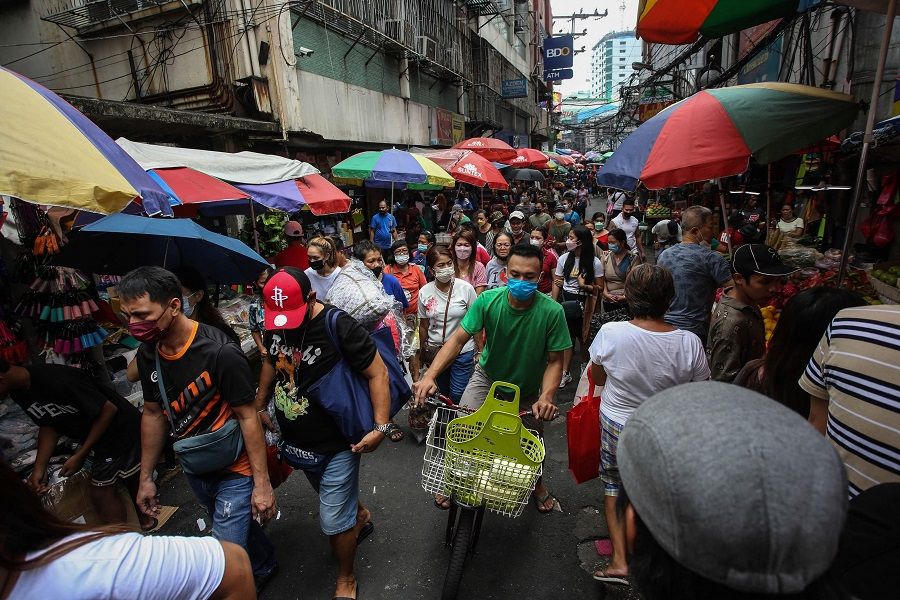
Subsequently, the Philippines also used clearer language. In Article 11 of the 2000 Joint Statement, the Philippines reaffirmed its "one China" policy and "recognizes that Taiwan is an integral part of Chinese territory". The 2005 Joint Statement reiterated that "the Philippines reaffirmed its adherence to the one China policy and understanding of the Chinese Government's efforts for national reunification. The Philippines supports and appreciates China's efforts to resolve the Taiwan issue peacefully."
Singapore
Among the Southeast Asian governments, Singapore is the most careful in its wording on the "one China" policy. It did not elaborate on this in any of its bilateral documents with China other than the 2000 Joint Statement, which stated that Singapore "recognizes that there is only one China and that Taiwan is part of China". Its 2015 and 2018 Joint Statements merely reiterated that "Singapore will maintain its consistent 'One China' policy".
Thailand
Thailand went through a similar evolution as Malaysia and the Philippines, from the somewhat ambiguous wording (the use of the word "acknowledge") in its 1975 Joint Communique to establish diplomatic ties with China, stating that it "recognizes the Government of the People's Republic of China as the sole legal government of China, acknowledges the position of the Chinese Government that there is but one China and that Taiwan is an integral part of Chinese territory"; and to the clearer expressions in later documents.
In Article 6 of the 2001 Joint Communique, Thailand reiterated that "there is only one China, that Taiwan is a part of China, and that Thailand remains committed to the One China policy". Its 2013 and 2019 Joint Statements similarly expressed its support for "One-China Policy and support to the peaceful development of Cross-Straits relations and the peaceful reunification of China".
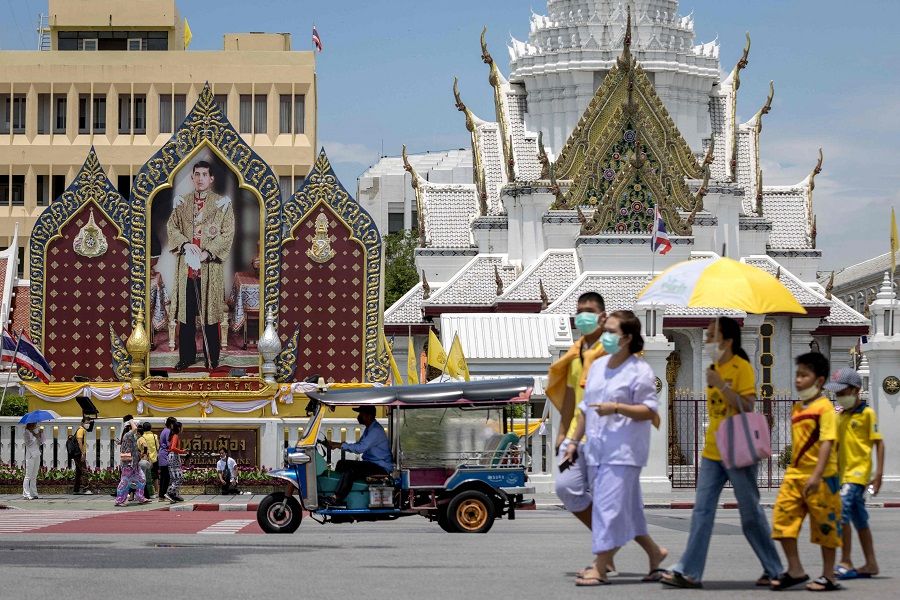
Vietnam
In Article 6 of the 2004 Joint Communique, Vietnam reiterated that "it will continue to firmly uphold the one-China policy, support China's lofty cause of national reunification and oppose the separatist activities of 'Taiwan independence' in whatever form. Vietnam only maintains non-official economic and trade contact with Taiwan and resolutely refrains from establishing official relations with Taiwan."
In addition, in Article 7 of the 2008 Joint Statement, Vietnam reiterated that it "firmly adheres to the one China policy, supports China's great cause of reunification, resolutely opposes any form of separatist activities for 'Taiwan independence' and will never develop any official relations with Taiwan".
Timor-Leste
Finally, the only non-ASEAN Southeast Asian country, Timor-Leste, also has a "one China" policy that is more closely aligned with China's position. Its 2014 Joint Statement with China stated that "Timor-Leste reiterated its firm adherence to the one China policy, recognized that there is but one China in the world, the Government of the People's Republic of China is the sole lawful Government representing the whole of China, and Taiwan is an inalienable part of the Chinese territory. Timor-Leste is opposed to any form of 'Taiwan independence', will not establish any form of official relationship or conduct any form of official contacts with Taiwan, and supports peaceful development of cross-Straits relations and China's peaceful reunification."
Collectively speaking, all Southeast Asian governments' respective "one China" policies are, unsurprisingly, closer (but not all are fully aligned) to China's "one China" principle, rather than the ambiguous policy position of the US government.
Closer to but not fully aligned with 'one China' principle
Unless these governments independently issued other statements, positions or policies concerning the status of Taiwan (such as how the US supplemented the three Sino-US Joint Communique with the Taiwan Relations Act and the Six Assurances), the textual rendition of the "one China" policy in these bilateral documents can be taken as the official expression of these governments' positions regarding their respective "one China" policies.
Collectively speaking, the "one China" policies of the various Southeast Asian governments are, unsurprisingly, closer to (but not all fully aligned with) China's "one China" principle, rather than the ambiguous policy position of the US government.
All of the countries used clearer expressions ("recognise", not "acknowledge") in at least one of their bilateral statements with China, and a vast majority clearly stated that Taiwan is an "inalienable" or "inseparable" part of "China" or even "People's Republic of China". Some expressed support for "peaceful unification" between China and Taiwan, although none, understandably, mentioned potential unification by China using "non-peaceful" means.
Taiwan's already-restricted "international space" in Southeast Asia could face even greater limits in the years to come.
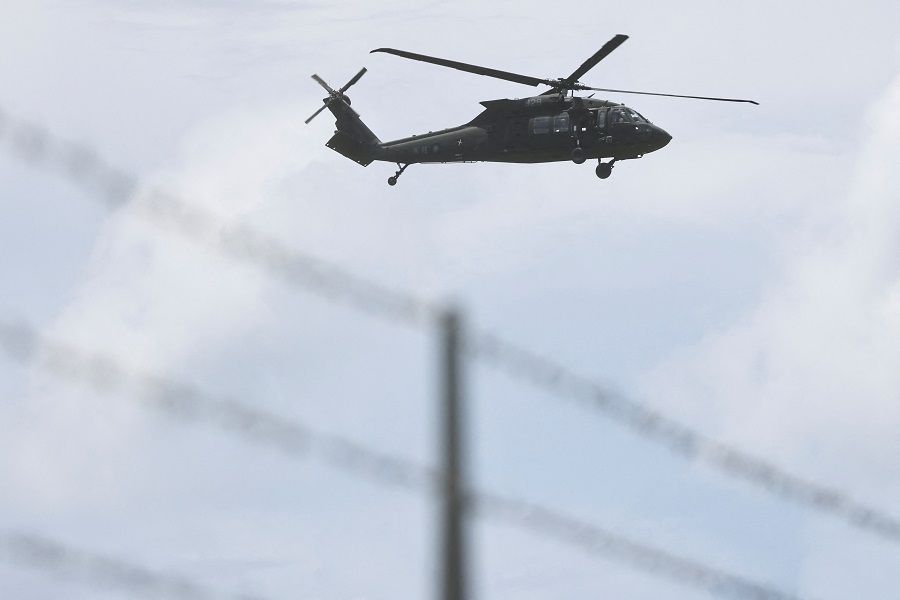
Of course, in practice, governments will interpret their respective "one China" policies accordingly. For example, in 2004, Singapore's then Deputy Prime Minister Lee Hsien Loong visited Taiwan and insisted that his visit was "private and unofficial" and did not contradict Singapore's consistent "one China" policy, notwithstanding China's objections.
In fact, in the early 2000s, Taiwan's top officials could still visit Southeast Asian countries, quietly or otherwise. Some governments' interactions with Taiwan may not be entirely consistent with the text, if not the spirit, of the official positions of their "one China" policy. But interactions with Taiwan were more likely to be pragmatic rather than political in nature. There is very little indication that any of the Southeast Asian governments are interested in departing from their existing "one China" policy.
One possible outcome after Pelosi's visit is that China may now want to more closely scrutinise the interactions between Southeast Asian countries and Taiwan. Southeast Asian people very much value and appreciate their productive relationships with Taiwan in many sectors, but the governments are likely to be even more careful now in dealing with Taiwan. Taiwan's already-restricted "international space" in Southeast Asia could face even greater limits in the years to come.
Related: The lasting impact of Pelosi's Taiwan visit on Southeast Asia | Five big questions about Nancy Pelosi's Taiwan visit | Taiwan likely to become biggest loser with Pelosi's visit | Did Beijing just score a victory without battle with Pelosi's Taiwan visit? | China and the US not ready for showdown over Taiwan
